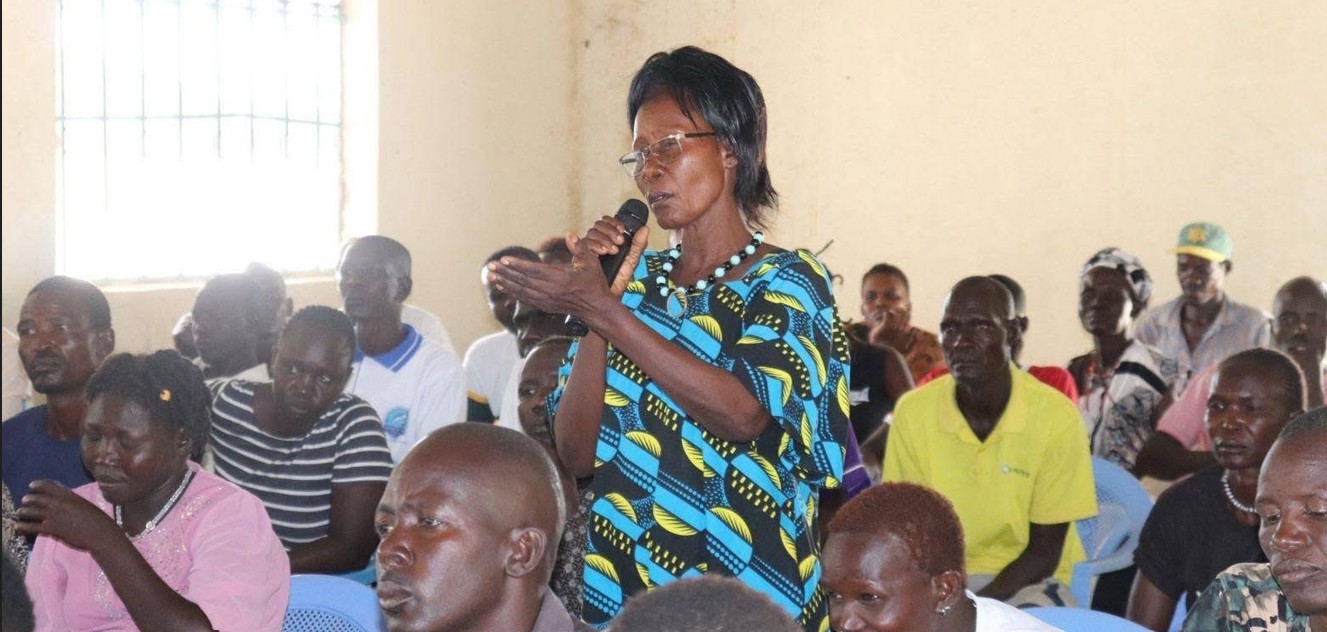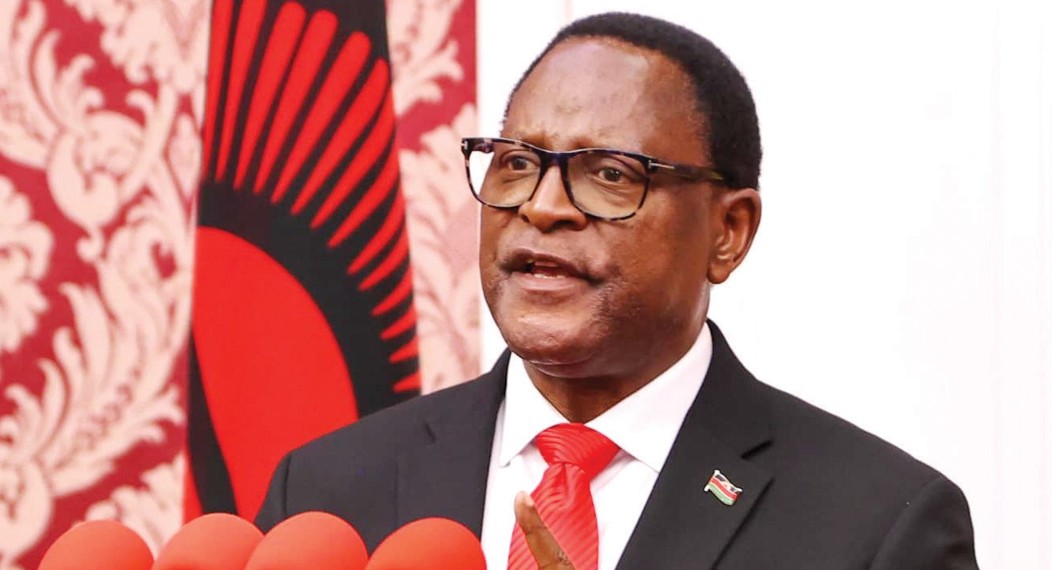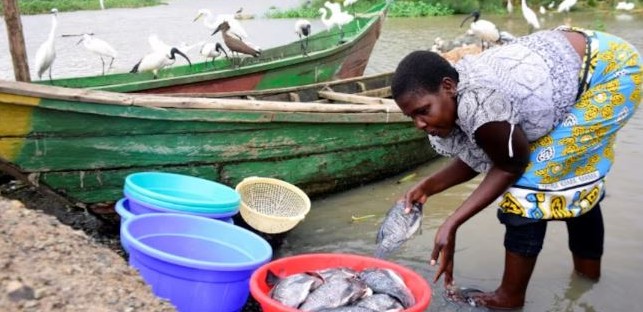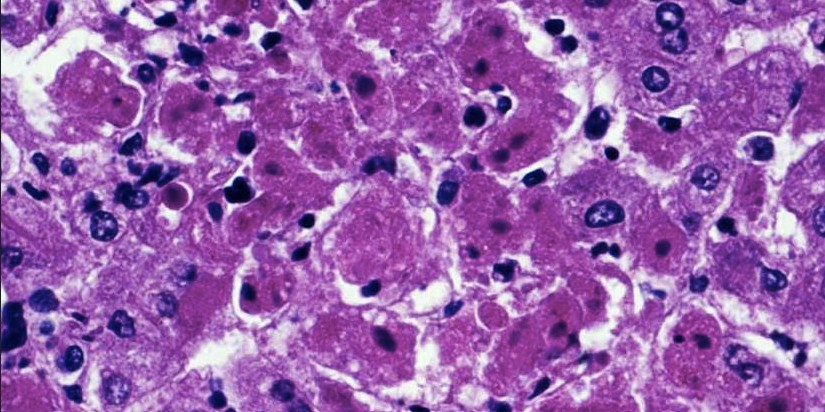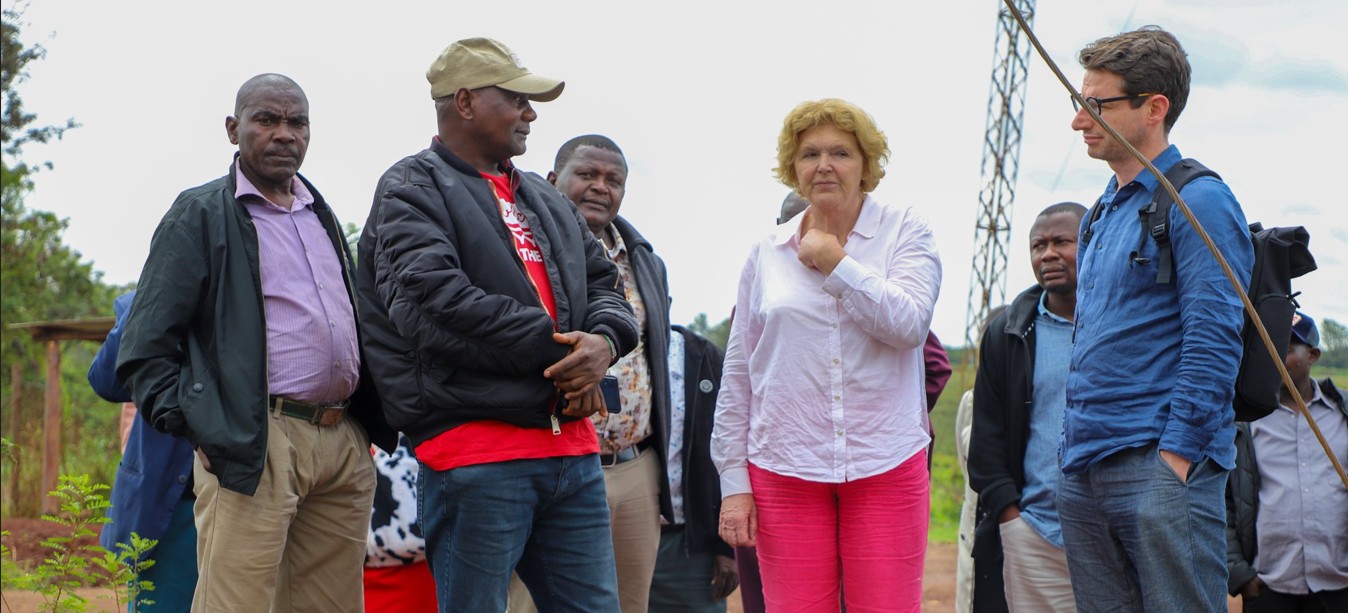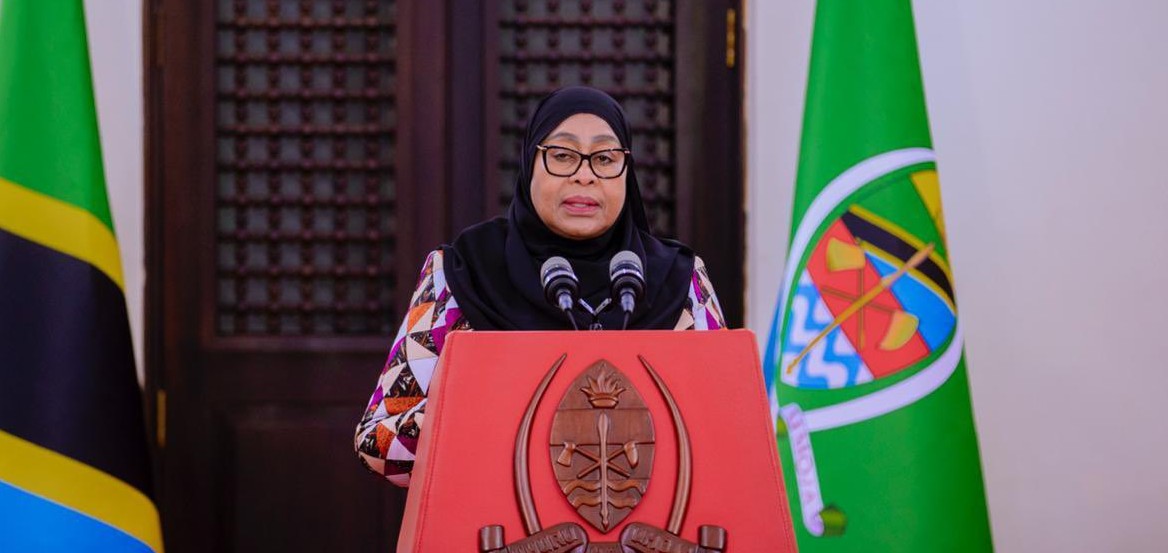Court asked to halt Kenyatta University VC succession over alleged irregularities
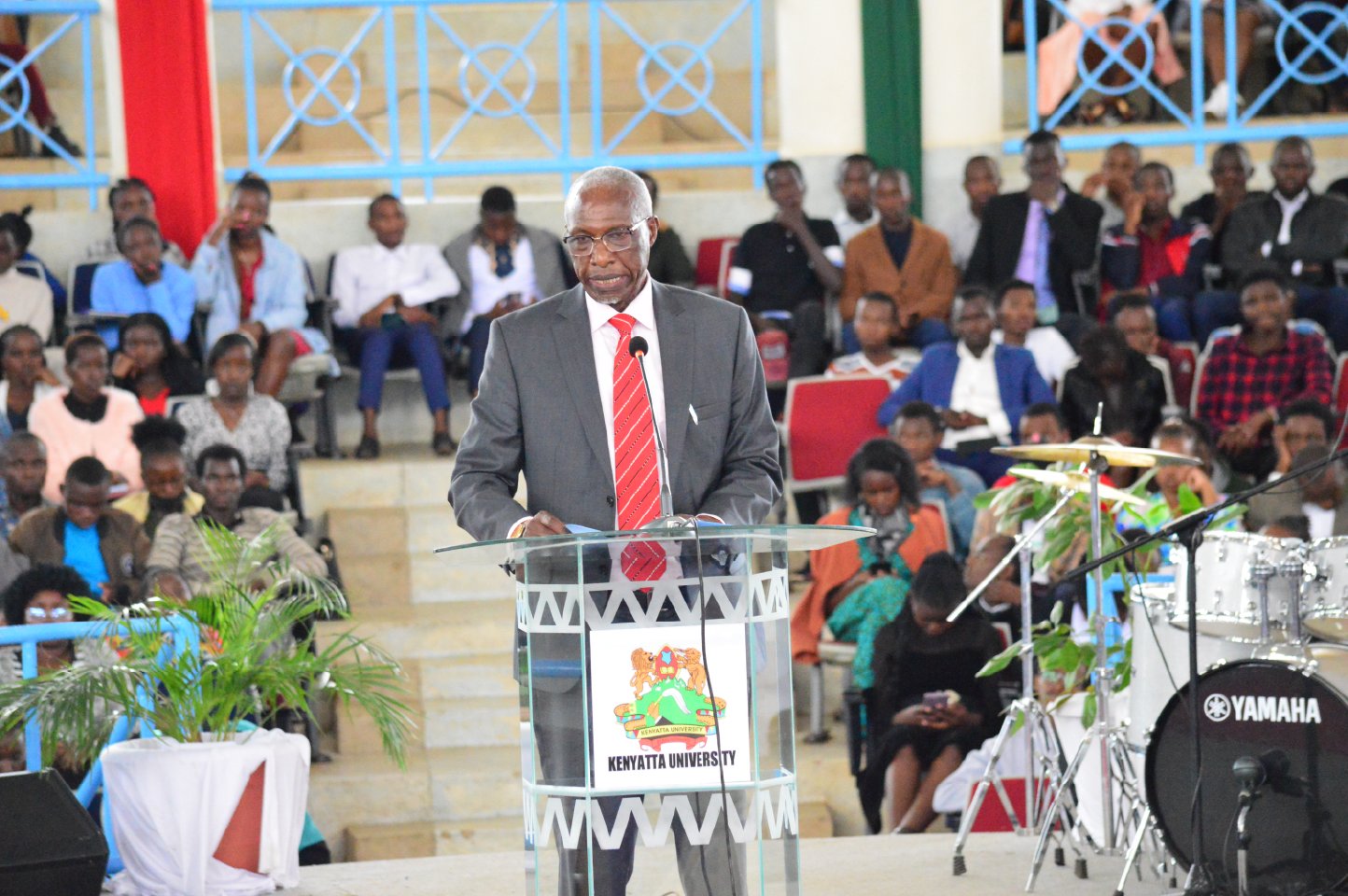
In an urgent application filed in Nairobi, Lawrence Omondi Chero accuses Vice-Chancellor Prof. Paul Kuria Wainaina of creating "tailor-made recruitment criteria designed to favour a preferred candidate" ahead of the end of his term on January 26, 2026.
The Employment and Labour Relations Court has been asked to intervene in an escalating leadership dispute at Kenyatta University, where an alumnus claims the outgoing vice-chancellor is unlawfully steering the process of selecting his successor.
In an urgent application filed in Nairobi, Lawrence Omondi Chero accuses Vice-Chancellor Paul Kuria Wainaina of creating "tailor-made recruitment criteria designed to favour a preferred candidate" ahead of the end of his term on January 26, 2026.
More To Read
- KU ranked best university in Kenya in latest global index
- Senate sets September deadline for end to KU-KUTRRH clinical training standoff
- Mask vendor shot during Tuesday's protest remains in critical condition - KNH
- KU student shot during protest dares President William Ruto, says youth won’t be silenced
- Court orders Kenyatta University to pay student Sh850,000 over missing marks
- Court orders reinstatement of Prof Wainaina as Kenyatta University Vice Chancellor
Chero argues that Prof. Wainaina's alleged actions "violate the Universities Act, the university's charter and its internal statutes," which he says reserve the development of recruitment criteria to the university council and the Public Service Commission.
'Illegal committee'
According to court documents, the vice-chancellor is alleged to have constituted what Chero describes as an "illegal committee" in June 2025 and tasked it with preparing qualification criteria for the next vice-chancellor.
The committee's report was later presented before a special sitting of the University Senate on July 15, 2025, a meeting Chero claims was "convened on short notice and without a clear agenda." The Senate adopted the report, and the applicant now wants both the report and the approval nullified.
Chero says the matter is urgent because the university council is scheduled to meet soon, where the same criteria may be ratified. Allowing the council to adopt the disputed report, he warns, would "cement an irregular process" and "unfairly influence the recruitment."
At the centre of the dispute are new requirements introduced by the committee. These include a demand that applicants must have at least 15 years of senior leadership experience and must have served a full five-year term as deputy vice-chancellor or principal of a constituent college. Candidates must also have completed senior management training lasting no less than four cumulative weeks.
Restrictive conditions
Chero contends that these conditions are far more restrictive than those used in past recruitment exercises in 2017, 2015 and 2005, arguing they "deviate from long-established standards applied by peer universities."
He claims the criteria appear engineered to "edge out otherwise eligible applicants."
The suit also cites a 23 November 2010 government circular requiring CEOs of state corporations to step aside and proceed on terminal leave if not seeking or recommended for reappointment—guidance the applicant argues Prof. Wainaina is "blatantly disregarding" by remaining actively involved in the succession process.
However, minutes from the Senate meeting show that the committee defended the enhanced criteria as necessary to match global shifts in higher education leadership.
The Senate was told that requiring at least five years' experience as a deputy would "ensure the next vice-chancellor has sufficient familiarity with the demands of the office."
Chero is now seeking court orders barring the vice-chancellor from participating further in the recruitment and prohibiting the university council from acting on the Senate's recommendations.
Top Stories Today
